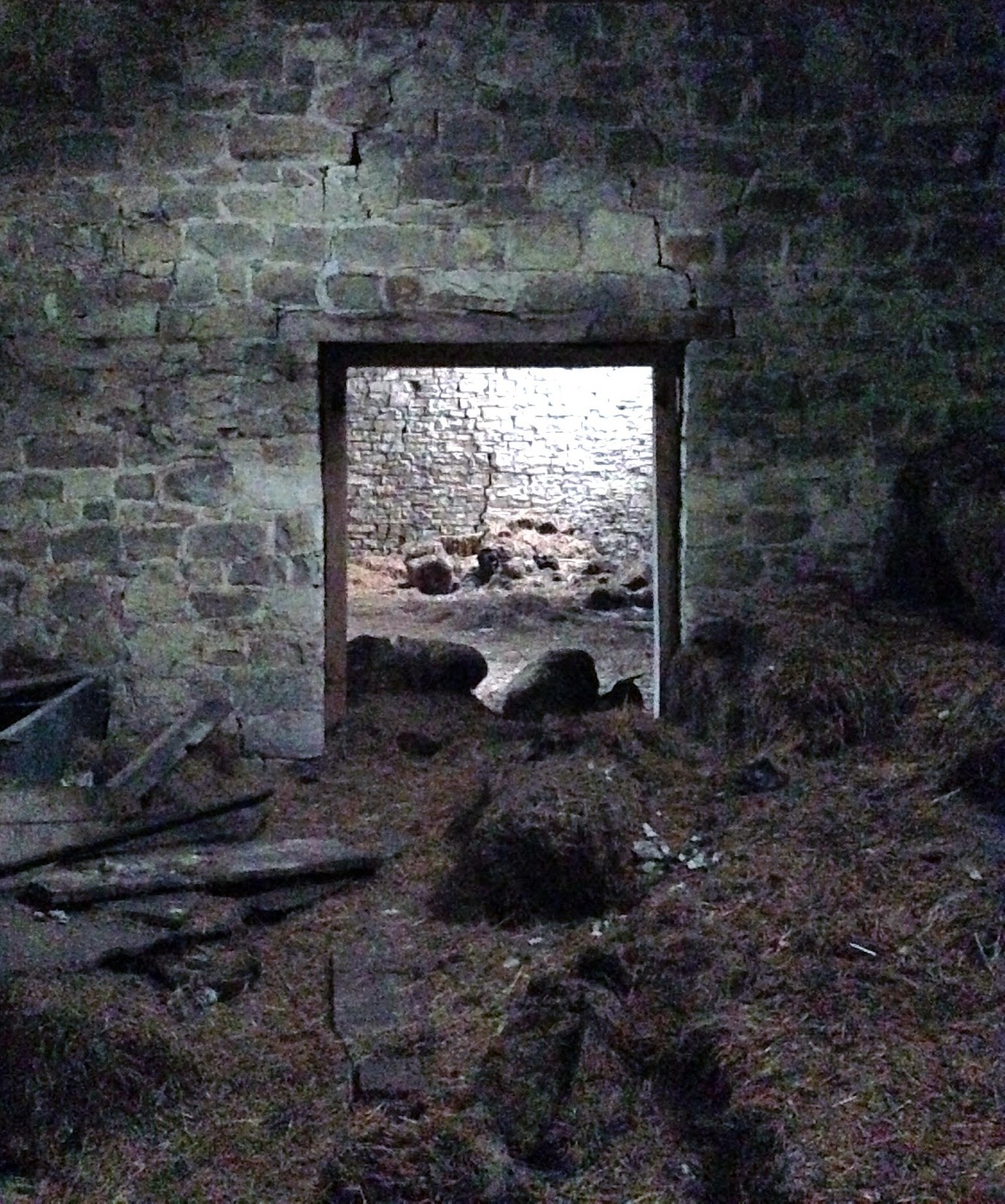I am running an owl pellet dissection session with children at the village harvest fair next Saturday and I have a shortage of pellets. Well to be precise I have a lot of what were once pellets that are now trays of loose bones and bits. The pellets in the shed have been feasted upon by clothes moths and so much of the mouse and vole fur has gone and the pellets have fallen apart - so no good to give to children to look at. (* I read that it is now thought that clothes moths evolved to eat feathers and pellets before we evolved to use the fur of sheep to make the wool on which they have now adapted to feast also) Those owl pellets came from a barn in Norfolk which has since been wired off to prevent the doves from roosting in it, and presumably the barn owls also, but it also means I can't get in anyway as the site is now being developed, as with so many across the country. I had another tray of barn owl pellets but after foolishly leaving them outside in the rain they now form what can only be described as a very stinky fur and mouse bone soup and I certainly can't present that to the youngsters next Saturday.
After a tip off from a farming friend I climbed into a barn on Friday night to hopefully collect some new barn owl pellets. The beautiful derelict building had a huge upper story with two large rooms full of old hay and bits of wood. If you tried to imagine an ideal place for owls to roost then this would be it. Quiet, full of hay and foolish mice, open bits of roofing for access and lots of high beams to sit on at the edge of the levels and surrounded by farmland and cattle sheds. As I entered the second room I disturbed two owls, not barn owls but large tawny owls, which flew almost noiselessly from beam to beam above my head. They bobbed their heads, called quietly to each other and hopped about a little under the apex of the roof staring down at me intently. I carefully picked up some pellets from a midden beneath their favourite roost site and tip toed carefully out over the perforated rotting floorboards, with the gaping holes allowing me glimpses of dangerous-looking farm machinery in the room beneath. I managed to pick up a few beautiful barred feathers as I sneaked out and left the owls to settle down again.
The pellets are smaller than those from barn owls and less rounded, with bones sticking out of many of them and evidence of beetle wings also. The warm buff brown feathers are a little moth ragged around the edges with beautiful markings on the soft smaller feathers in particular. I drove back home as it got dark, past the fields that were all under water only a few months ago, quietly pleased that such secluded and abandoned spaces still exist and to have seen owls at such close quarters and not just fleetingly across the beams of my car headlights.


No comments:
Post a Comment